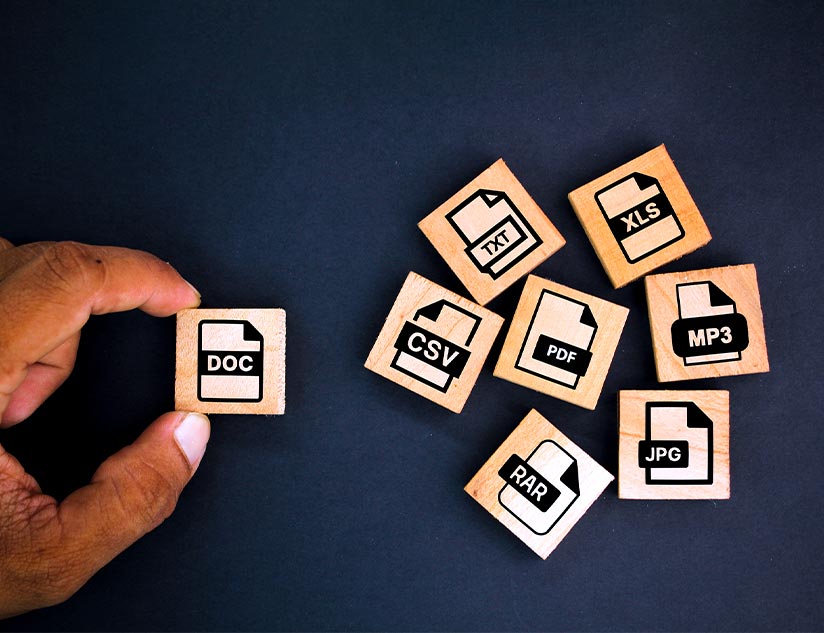The global education ecosystem is increasingly prioritizing exceptional learning experiences in the current digital era. The digital push is apparent from the forecast that the global LMS market will expand at a CAGR of 17% from 2024 to 2032 to reach a value of $82 billion. But an online learning platform on its own is not enough to deliver exceptional experiences. For this, you need to adopt a unified learning management, assessment, and content distribution approach. This is where LMS integrations come to the rescue. Integrated learning management and eLearning delivery elevate both teaching and learning experiences across digital learning environments. Read on to discover the key benefits of an integrated approach for EdTechs, educational publishers, and educators.
Why Power Your eLearning Platform with LMS Integrations
An integrated approach to learning enables online eLearning platforms to streamline access to resources, personalize learning, foster collaboration, and drive data-driven decision-making. In short, it goes beyond simply offering courses to deliver the joy of learning.
Here are 6 ways in which LMS integrations are facilitating the delivery of effective learning experiences.
-
Streamlined Access to Learning Resources
Remember when being unable to understand a concept made you dislike a subject? What if you could access supplementary materials that explained it better to you at that moment? No anxiety about whether to ask the teacher or concerns that classmates will make fun of you. This is exactly what integrations bring to digital learning platforms – access to a variety of learning resources at learners’ fingertips. This can be done through AI-powered learning assistants or annotated course materials with hot-spot links to supplementary resources. In addition, single-sign-on delivers a smooth experience across apps and integrated learning tools. A unified repository of learning materials, assignments, revisions, assessments, and learning resources fosters convenience for learners as well as educators.
-
Personalized Learning Paths
Integrated learning platforms leverage adaptive algorithms that tailor learning journeys based on individual learner needs. While teachers can assign courses and learning materials, intelligent learning systems deliver instructions and content according to individual preferences, learning styles, strengths, and weaknesses. These tools can be used to adjust the difficulty level of assignments and assessments to support students in achieving their learning goals. The result is learning becomes flexible and responsive to individual differences. Online learning platforms equipped with learning tools interoperability (LTI) compliant integrations allow students to seamlessly switch from one learning tool to another while benefiting from personalized content and learning processes. Plus, higher learning autonomy fosters deeper engagement.
-
Enhanced Collaboration and Communication
There are a plethora of online tools for teaching and learning. LTI-compliant LMSes foster communication and collaboration among educators and learners. Features like discussion forums, group projects, idea-sharing tools, and leaderboards encourage students to actively participate in the learning process. Additionally, video assessments and interactive learning assistants promote curiosity among learners. This facilitates socio-emotional learning, fostering a sense of community and delivering a richer learning experience and the opportunity for individual growth.
-
Data-Driven Insights and Analytics
Integrated eLearning platforms automate and enable effortless access to vast learning, course, and instructional datasets. This data enables teachers to assess student engagement levels, strengths, and weaknesses. In addition, data related to LMS integrations enables educators to evaluate the efficacy of learning materials and instruction design. Educators can use this data to refine teaching methodologies, personalize learning journeys, and bridge learning gaps.
In its “Guidance for Using Technologies and Platforms”report, UNESCO highlights that these systems can empower teachers with an integrated view of student progress, projects, and next steps to offer greater value through education. Further, these LTI integration platforms can be tailored to specific user needs. For instance, stakeholders might want a comprehensive view at the institutional level, teachers can view individual learner and class performances, and parents can access their child’s overall progress through visually consumable reports. Such data empowers stakeholders to make insight-based decisions, fostering continuous improvement in pedagogy and learning management. This translates into improved learning achievement.
-
Seamless Assessment and Feedback
Traditional assessment methods limit creativity, and critical thinking, while lacking real-time feedback. Integrated systems offer a dynamic approach with AI-powered instant feedback and remediation. Online quizzes, automated grading engines, and feedback mechanisms provide immediate insights into student progress. This allows educators to identify gaps in understanding and quickly tailor their instruction and support in real time. Additionally, learners receive the necessary intervention through resources or teacher guidance to refine their learning strategies.
-
Scalability and Flexibility
Educational institutions have to deal with ever-evolving needs. An LTI compliant LMS offers the flexibility and scalability required to adapt. With centralized data and streamlined workflows, institutions can easily add new courses, accommodate growing student populations, and cater to diverse learning styles. Digital authoring platforms are also equipped with compliance recommendations that bolster adoptions.
Leverage the Power of the Digital Learning Ecosystem
The LTI and LMS integrations on eLearning platforms offer numerous benefits for publishers, educators, and edtech companies, apart from allowing the delivery of personalized and highly engaging learning experiences. Speak to the MagicBox™ experts to unlock the full potential of online learning platforms.
















